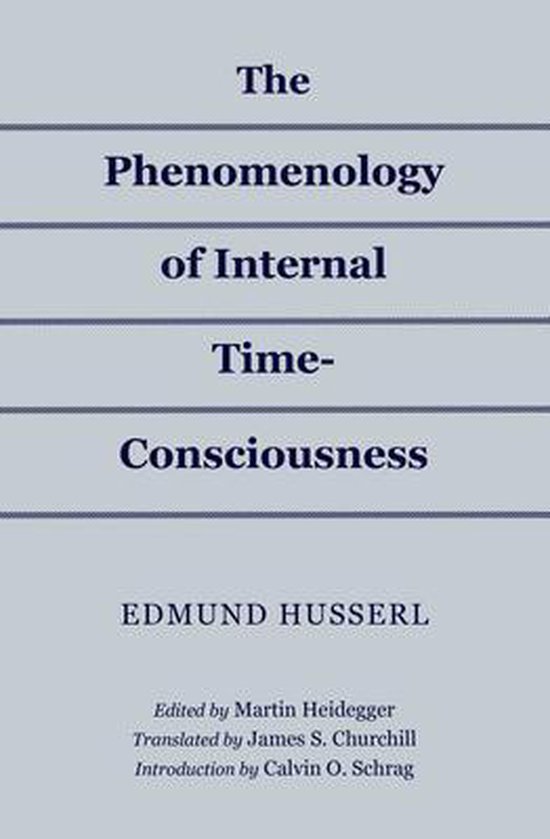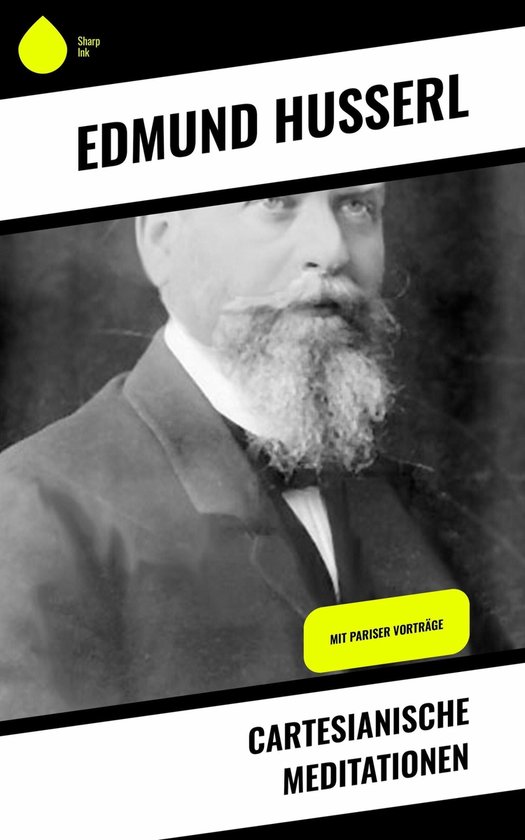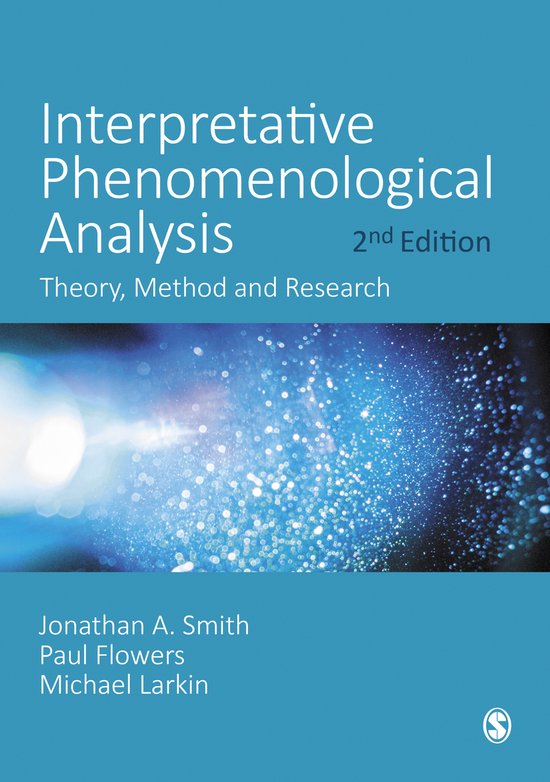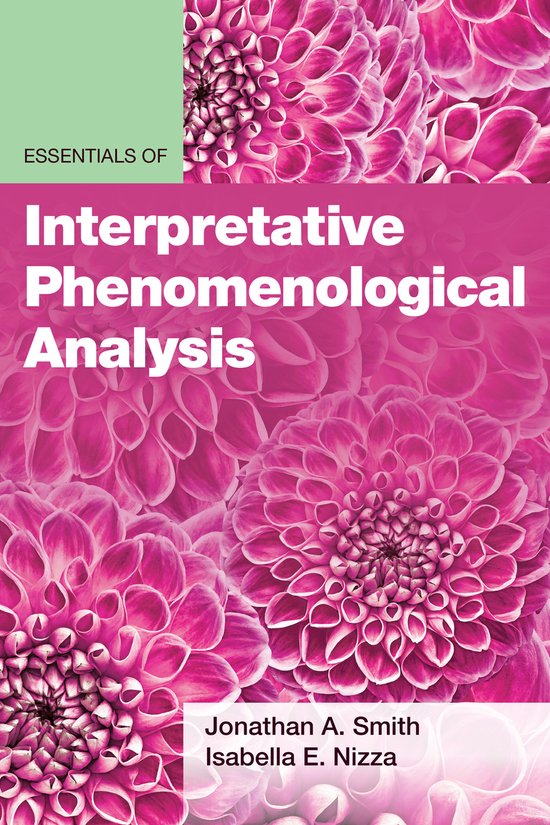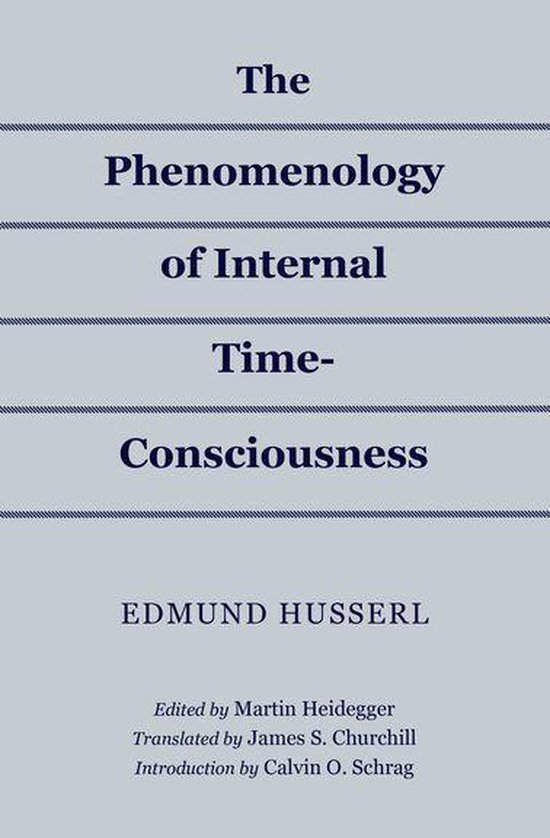
The Phenomenology of Internal Time-Consciousness
An exploration of the terrain of consciousness in the light of its temporality from the father of phenomenology.
The Phenomenology of Internal Time-Consciousness is a translation of Edmund Husserl’s Vorlesungen zur Phänomenologie des inneren Zeitbewußtseins. The first part of the book was originally presented as a lecture course at the University of Göttingen in the winter semester of 1904–1905, while the second part is based on additional supplementary lectures that he gave between 1905 and 1910. The pervading theme of these essays and lectures is the temporal constitution of a pure datum of sensation and the self-constitution of “phenomenological time” which underlies such a constitution. Husserl identifies two categories of temporality—retention and protention—and outlines how temporality provides the form for perception, phantasy, imagination, memory, and recollection. He demonstrates a distinction between cosmic and phenomenological time and explores the relevance of phenomenological time for the constitution of temporal objects. The ideas Husserl developed here are explored further in his Ideas and were pursued until the end of his philosophical career.
“As an addition to the small body of Husserl’s writings now available in English (Ideas 1931; Meditations, 1960), this book is essential to even a small collection of source works on contemporary philosophy.” —Choice
| Auteur | | Edmund Husserl |
| Taal | | Engels |
| Type | | E-book |
| Categorie | | Religie, Spiritualiteit & Filosofie |
